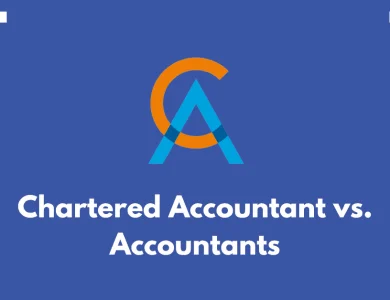Moving across the pond to avail yourself of better living and employment prospects is a great option. Statistics suggest that at least 200,000 US expats live in the UK. If you have recently relocated or are planning a move, it is critical to understand the tax implications of living in a different country. That’s because on-compliance can result in fines and even imprisonment. Read on for an overview of the basic tax mistakes US expats should avoid.
Not Hiring Expert Assistance
Taxation laws can be complex and hard to understand for a layperson, especially since the UK has a complicated system. Further, as long as you’re an American citizen or Green Card holder, you’re liable to file income tax returns with the IRS, just as you did before the move. You’ll also file returns each year with Her Majesty’s Revenue & Customs (HMRC), the UK equivalent of the US IRS. That’s not all. Both countries expect you to declare income from worldwide sources in the return even if the total earnings are below the taxable bracket. Working with a knowledgeable tax consultant will ensure that you stay compliant with the laws.
Not Understanding How Exclusions Work
The US IRS has several exclusions for expats to avoid paying double taxation on the same income to two different countries. Accordingly, you can claim the Foreign Tax Credit (FTC), where you get credit for the taxes paid to the HMRC in your IRS return. You can also carry forward the credit to the ensuing assessment years. The tax advisor can assist you in calculating the refundable and non-refundable tax credits so you can save the maximum of your earnings. The IRS also allows you a Foreign Earned Income Exclusion (FEIE), which will enable you to deduct your taxable income from a specific bracket and pay taxes only on the balance earnings. The FEIE for 2022 is fixed at $112,000 and is adjusted each year to account for inflation.
Not Working Out Residency Status
When planning your relocation to the UK, carefully work out the number of days you intend to live in the country. That’s because your residency will determine whether you’re liable to pay taxes to the HMRC. If you intend to live in the UK for a minimum of two years, you’ll attain the tax resident status from the first day you land. You’ll also pay taxes if you live in the UK for an average of 91 days or more per year over four years. Your tax resident status will be calculated from the day you arrive in the country. If you plan on living in the UK for two years and spend less than 183 days in this period, you’re not liable to pay taxes.
Living as a US expat in the UK comes with many challenges when figuring out your tax obligations in both countries. Make sure to get expert advice and stay compliant with the rules.




